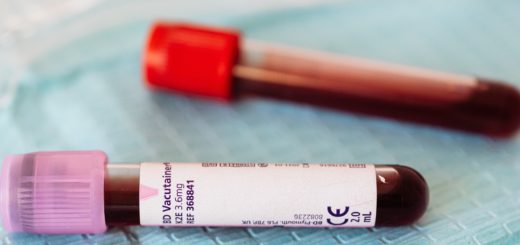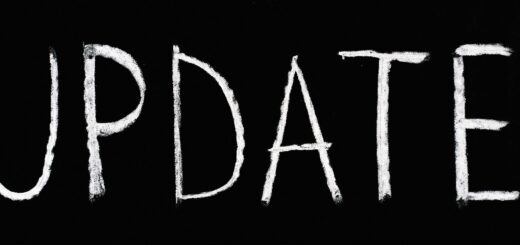Would I Rather Be Right, or Alive?
As I explained in this post, after 13 years of eating exclusively whole food, plant-based, I have started to take a statin drug to lower my LDL cholesterol and thus my calculated risk of heart attack and stroke. I would have liked to have been right that eating WFPB would make me heart attack proof, but it never lowered my cholesterol as far as I expected. Concern over my high cholesterol led me to get a cardiac calcium scan, which further justified the concern.
I wanted to get some baseline measurements before starting the new medicine, so we can tell how much of an effect it will have. My cholesterol tests seem to vary a lot, even when I don’t think I have done anything differently. Here are my last two lipid panels, both done after overnight fasts at Kaiser Permanente.
November 7, 2022
| Component | Value | Standard Range |
| Cholesterol | 161 mg/dL | <=199 mg/dL |
| Triglyceride | 92 mg/dL | <=149 mg/dL |
| HDL | 56 mg/dL | >= 40 mg/dL |
| LDL calculated | 88 mg/dL | <= 99 mg/dL |
| Total/HDL ratio | 2.9 | <= 3.9 |
| Non-HDL | 105 mg/dL |
April 13, 2023
| Component | Value | Standard Range |
| Cholesterol | 187 mg/dL | <=199 mg/dL |
| Triglyceride | 129 mg/dL | <=149 mg/dL |
| HDL | 66 mg/dL | >= 40 mg/dL |
| LDL calculated | 99 mg/dL | <= 99 mg/dL |
| Total/HDL ratio | 2.8 | <= 3.9 |
| Non-HDL | 121 mg/dL |
These may not look alarming, but given the way I eat, I expected them to be better. Given the calcium scan report, to be safe from a heart attack, I want my total cholesterol to be under 150 mg/dL and my LDL should be under 100 mg/dL, which it just barely is. I wish Apo-B labs were in the standard of care, but as of now they are not.
Every month, when I donate platelets, I get a report on my non-fasting total cholesterol. In about three months, I will get another lipid panel done at Kaiser. By then, I will know if I have any adverse side-effects. Then we will find out how well the pills work for me.
Blood Pressure Meds
For years, I have taken two blood pressure medications. Losartan, generic for Cozaar, is an angiotensin receptor blocker. Chlorthalidone is a diuretic. This is a common combination for high blood pressure. I had worked my way down from 100mg to 25mg on the Losartan, while taking 50 mg of Chlorthalidone. Mid 2022, routine labs showed my blood was low in potassium. My Kaiser doctor prescribed a potassium supplement. I was reluctant to take it. First, I knew I was getting plenty of potassium in my diet. Second, I found out that chlorthalidone can lead to a reduction in blood potassium. Why take a pill for a side-effect of another pill? I thought the two options were:
- Stick to the meds I had, and add the potassium supplement.
- Drop the chlorthalidone and retest. Hopefully my blood potassium would normalize without raising my blood pressure too much.
On discussing this with a Kaiser doctor, she suggested another option.
- Drop the chlorthalidone, but increase the dose of Losartan sufficiently to bring my blood pressure to normal.
I wanted to be right that option 2 was best. But I wasn’t. My blood potassium normalized, but my blood pressure did increase too much. So now I am trying option 3.







